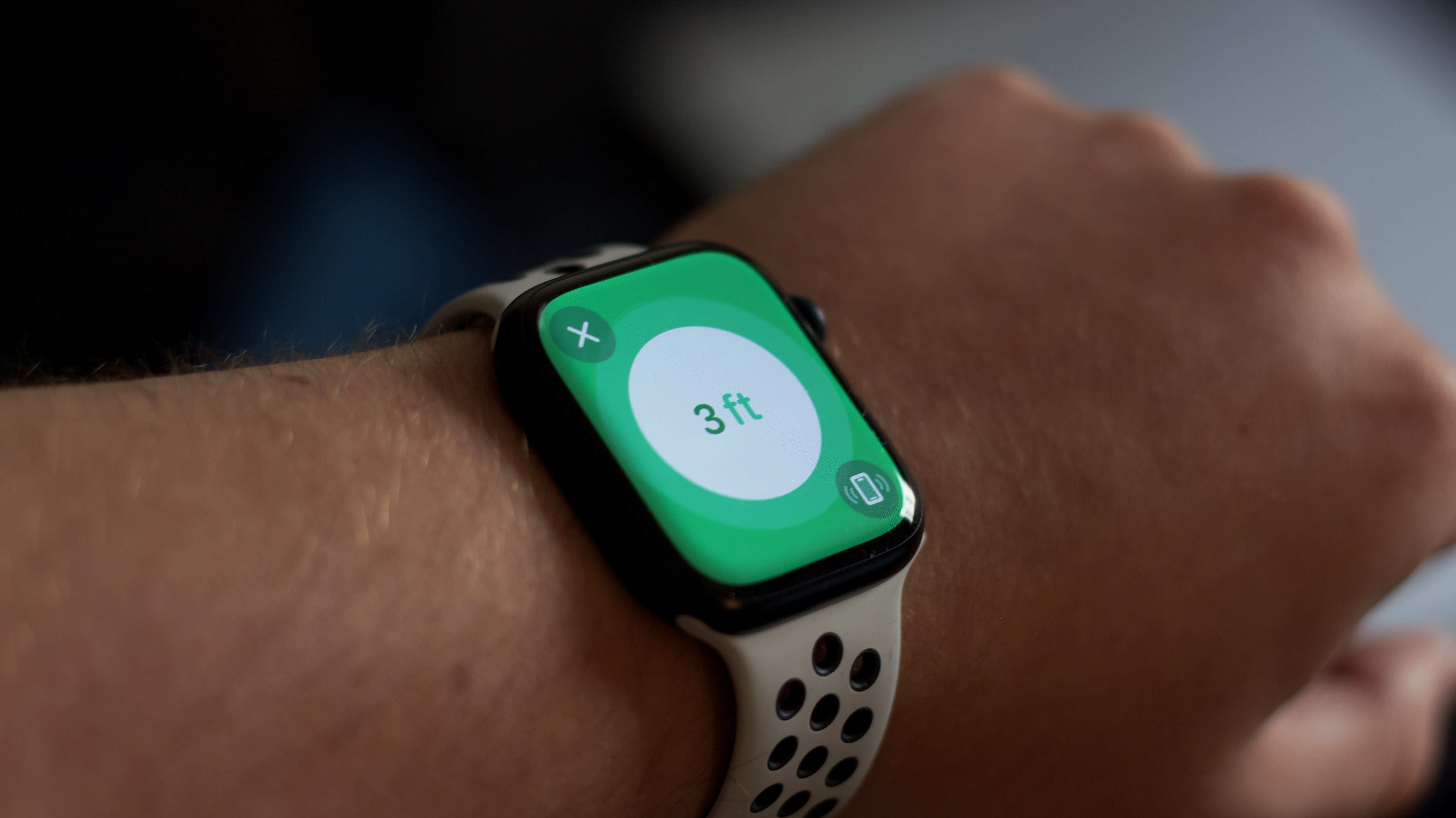
On March 22, 2024, the DOJ slammed a lawsuit on Apple’s desk, claiming that the firm is restricting competition with a monopoly that doesn’t let other companies have a piece of its very tasty pie. One of the elements brought forward by the DOJ to demonstrate Apple’s restriction of competition is the Apple Watch, which the Department claims forces users to stick with iPhone.
In response to the DOJ assertions, Apple told 9to5Mac that it took three years to consider allowing the Apple Watch to work with Android, only to forget the idea because of “technical limitations.”
Apple Watch nearly worked with Android
The DOJ lawsuit claims that, “Apple uses smartwatches, a costly accessory, to prevent iPhone customers from choosing other phones. Having copied the idea of a smartwatch from third-party developers, Apple now prevents those developers from innovating and limits the Apple Watch to the iPhone to prevent a negative “impact to iPhone sales.”
Later it states that “Apple’s smartwatch—Apple Watch—is only compatible with the iPhone.” It continues, “So, if Apple can steer a user towards buying an Apple Watch, it becomes more costly for that user to purchase a different kind of smartphone because doing so requires the user to abandon their costly Apple Watch and purchase a new, Android-compatible smartwatch.”
The DOJ reckons that Apple Watch users are locked to the iPhone, making them either buy another of the best iPhones when theirs dies so that they can keep using their Apple Watch. That, or they have to spend all their money to replace the Apple Watch with an Android smartwatch so that they can buy a new Android phone.
This landmark legal battle is the next in a long line of litigation that Apple has had to endure, from the Epic Games case, to the EU’s USB-C and Lightning case and its Digital Markets Act. This one, however, could drag out even longer — the DOJ is not known for doing things by halves, or all that quickly.







